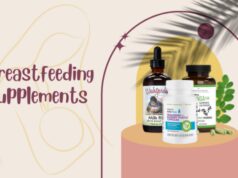Breastfeeding nutrition is very important for the proper production and quality of baby milk. Adequate fluid and nutrient intake are especially important.
Breastfeeding has a beneficial effect on a child’s health. Breast milk ensures optimal and balanced intake of nutrients and contains substances that strengthen the child’s immune system and help him fight infections, bacteria, and viruses. Research has shown that children who are fed breast milk are less likely to be obese.
Breastfeeding also has a beneficial effect on the mother’s health. It helps the body return to normal faster after pregnancy, and it has been shown that women who breastfeed for a more extended period are less likely to get breast, ovarian, and diabetes.
Diet during breastfeeding should be based on a pyramid of proper nutrition. Foods from all groups should be included: cereals, fruits, and vegetables, milk and dairy products, meat, as well as meat substitutes. Sweets, fats of animal origin, and margarine should be eaten in small quantities.
Intake Enough Liquids

Breastfeeding mothers need to drink plenty of fluids. They should drink at least three liters of water or other liquids a day, and in summer, that intake should be higher. Adequate amounts of fluids, water, mild teas, and natural fruit juices are essential for establishing and maintaining lactation.
Mothers are advised to drink chamomile, lemon balm, nettle, anise, and fennel teas more often, because this herbal combination stimulates milk production, relieves cramps and releases gas from the colon.
In the case of reduced fluid intake, the excretion of water through the kidneys is reduced, but the amount of milk is not excreted. The appearance of dark urine with a strong odor indicates insufficient fluid intake.
Plus 500 Calories
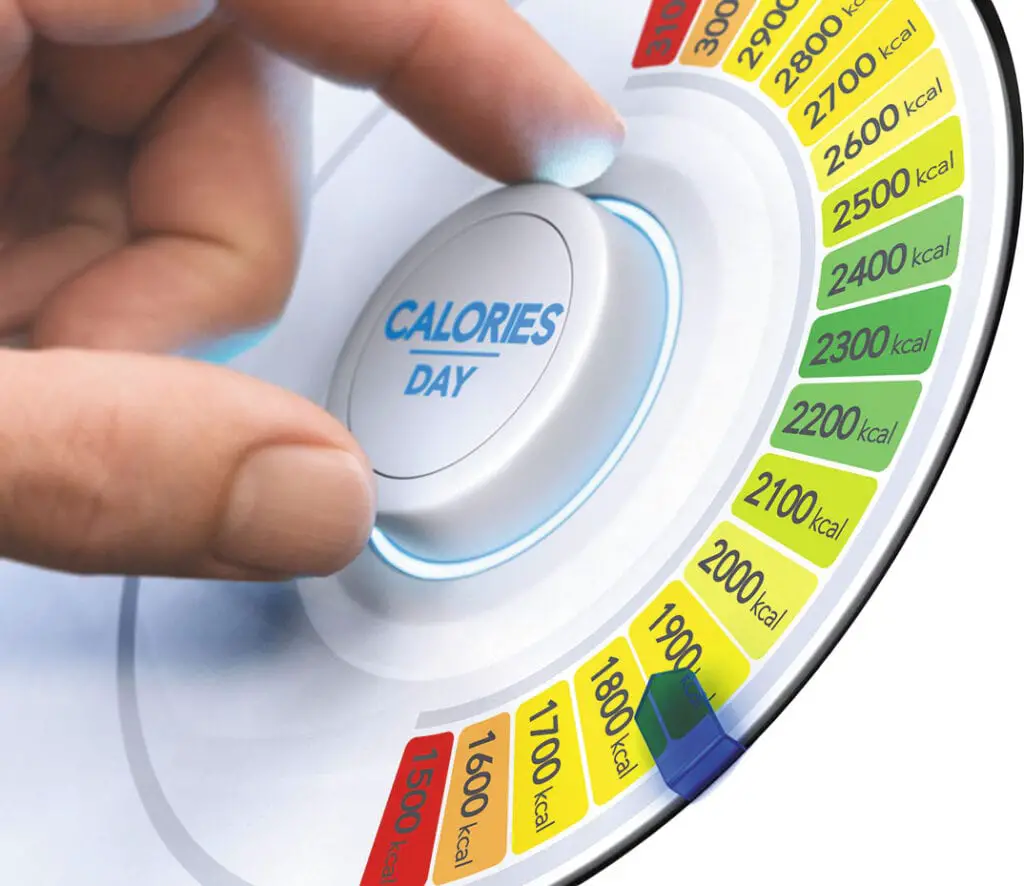
The daily sum of calories should not fall below 1,800. A breastfeeding woman consumes about 500 calories a day just to make milk for her baby. That’s equal to the energy expended if you run six miles.
That is why there is a rule that mothers need an additional 500 calories a day during breastfeeding. However, if a woman was overweight before pregnancy or gained many kilograms during pregnancy, that additional calorie intake should be lower.
Maternal obesity can result in reduced milk production and, in rare cases, the inability to breastfeed. Reduction diets during breastfeeding are strictly forbidden, but you will likely lose 0.5 kg per week during that period. Don’t worry about it; it’s the result of a normal physiological process.
During breastfeeding, try to include the following food groups in your daily meals:
1. Fruit
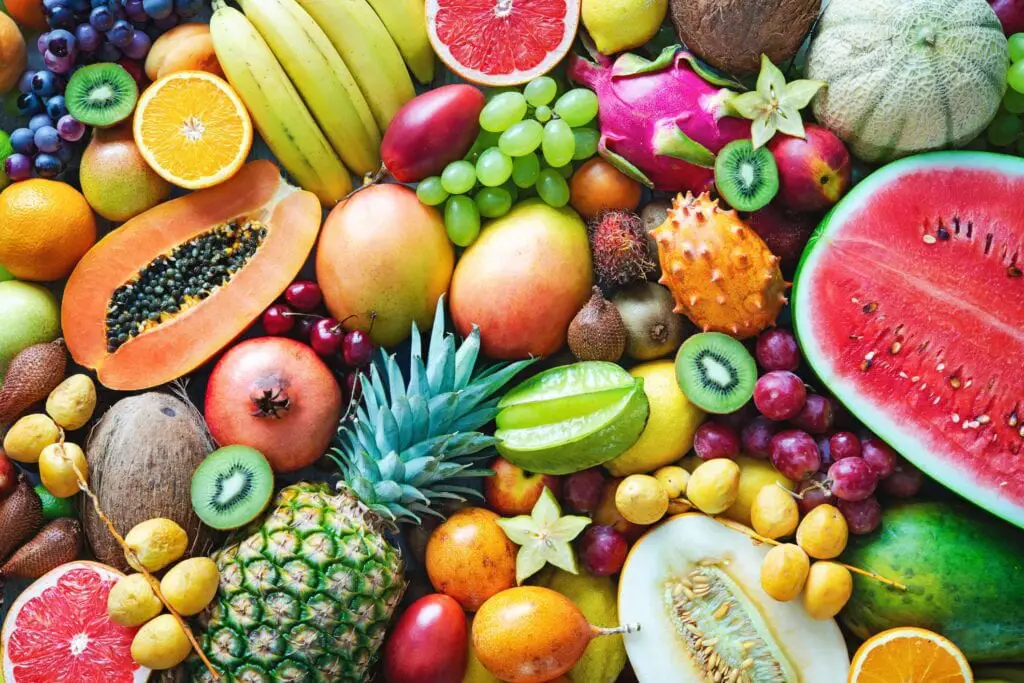
The fruit is a rich source of many nutrients. The fruit is an excellent ally in the fight against constipation, which many women experience after childbirth.
It would be good to take two servings of fruit a day, so choose a variety of fruits, ideally seasonal.
The following fruits are recommended as a great source of potassium, and some also have vitamin A:
– Pumpkin
– Melon
– Bananas
– Mango
– Apricots
– Dried plums
– Oranges
– Red grapefruit
2. Vegetables
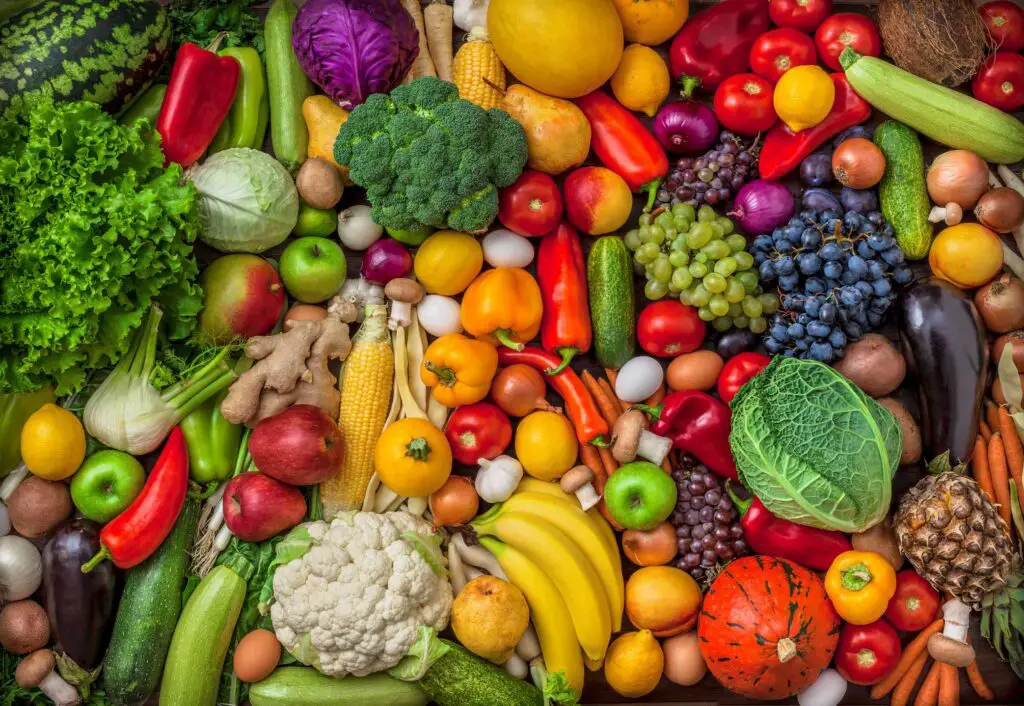
Women who are exclusively breastfeeding should have three servings of vegetables a day. Those who combine breastfeeding with an adapted formula should take 2.5 meals of plants a day.
Vegetables are rich in vitamins and antioxidants. Sufficient daily intake will help the body compensate for the nutrients it consumes by producing milk.
Experts especially recommend the intake of the following types of vegetables due to their content of potassium and vitamin A:
– Spinach
– Cooked green vegetables, such as chard and greens
– Carrots
– Sweet potato
– Pumpkin
– Tomato
– Red peppers
3. Cereals
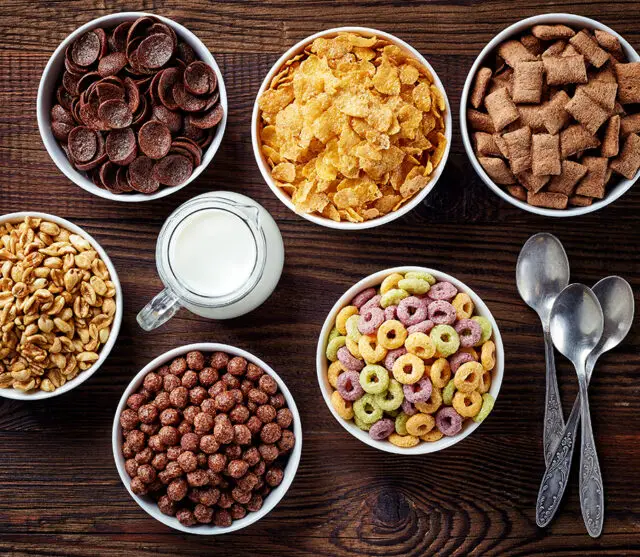
Cereals have essential nutrients, especially whole-grain foods, such as brown rice and whole meal bread. You should take about 230g a day if you are exclusively breastfeeding or about 170g a day if you combine breastfeeding and formula.
Some cereals, such as quinoa, also have a high protein content, which is an essential nutrient during breastfeeding.
Enriched grains provide additional nutrients and are also a good option. The best choice is whole grain flakes without added sugar.
4. Proteins
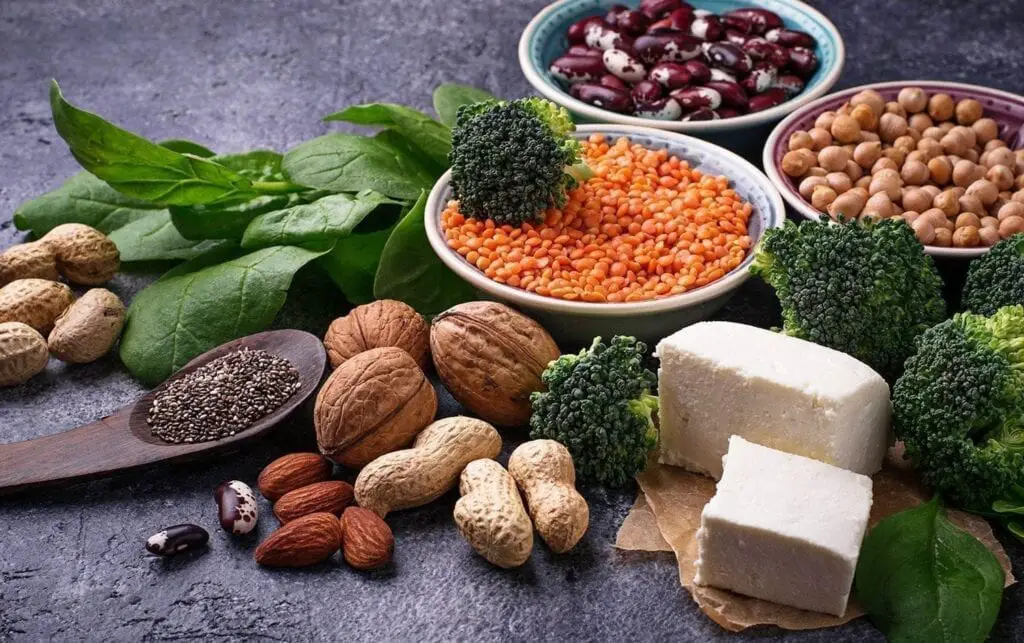
When breastfeeding, your body requires about 25g of protein, or at least 65g in total daily.
Experts advise adding protein to every meal.
These are good sources of protein:
– Legumes (beans, peas)
– Nuts and seeds
– Lean beef, pork, and lamb
– Seafood
– Salmon, herring, sardines, cod, trout, tuna
Fish and seafood are rich in omega-three fatty acids, which support the healthy development of the baby’s brain. Salmon, sardines, and trout are great choices because they are rich in omega-three fatty acids and have a low percentage of mercury.
Breastfeeding mothers should avoid other types of fish, such as swordfish, shark, and mackerel because they have a high mercury percentage.
5. Dairy products
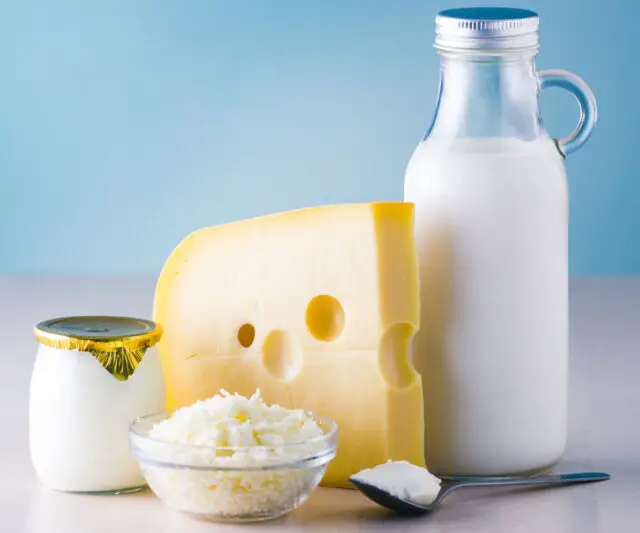
Breastfeeding, like pregnancy, can reduce calcium reserves in the bones. It boosts the risk of developing osteoporosis later in life if you do not get enough calcium and vitamin D. Dairy products, such as cheese and milk, are a great source of calcium, and many have vitamin D.
Breastfeeding women should consume at least 3 cups or three servings of dairy products each day.
These are good sources of dairy products:
– Milk
– Yogurt
– Natural cheese
It is essential to know that to prepare a balanced menu; the mother doesn’t need to carry out most of your time in the kitchen. Many dishes are easy to make and will serve great that you can eat them even while breastfeeding.
Some of these dishes are sliced cheese, yogurt, whole-grain bread and crackers, tomatoes, cooked prosciutto, fresh fruit, whole or chopped vegetables (carrots, beet), hard-boiled eggs, nuts, cereals, and cornflakes.
More often, small amounts of food will be just as nutritious as three larger meals during the day. As with drinking, the mother can adopt the habit of preparing a small snack each time she starts breastfeeding, which she will eat during breastfeeding.
You can make a quick and easy meal without spending too much time in the kitchen. So, you will have a whole day to devote to the baby and breastfeeding.




